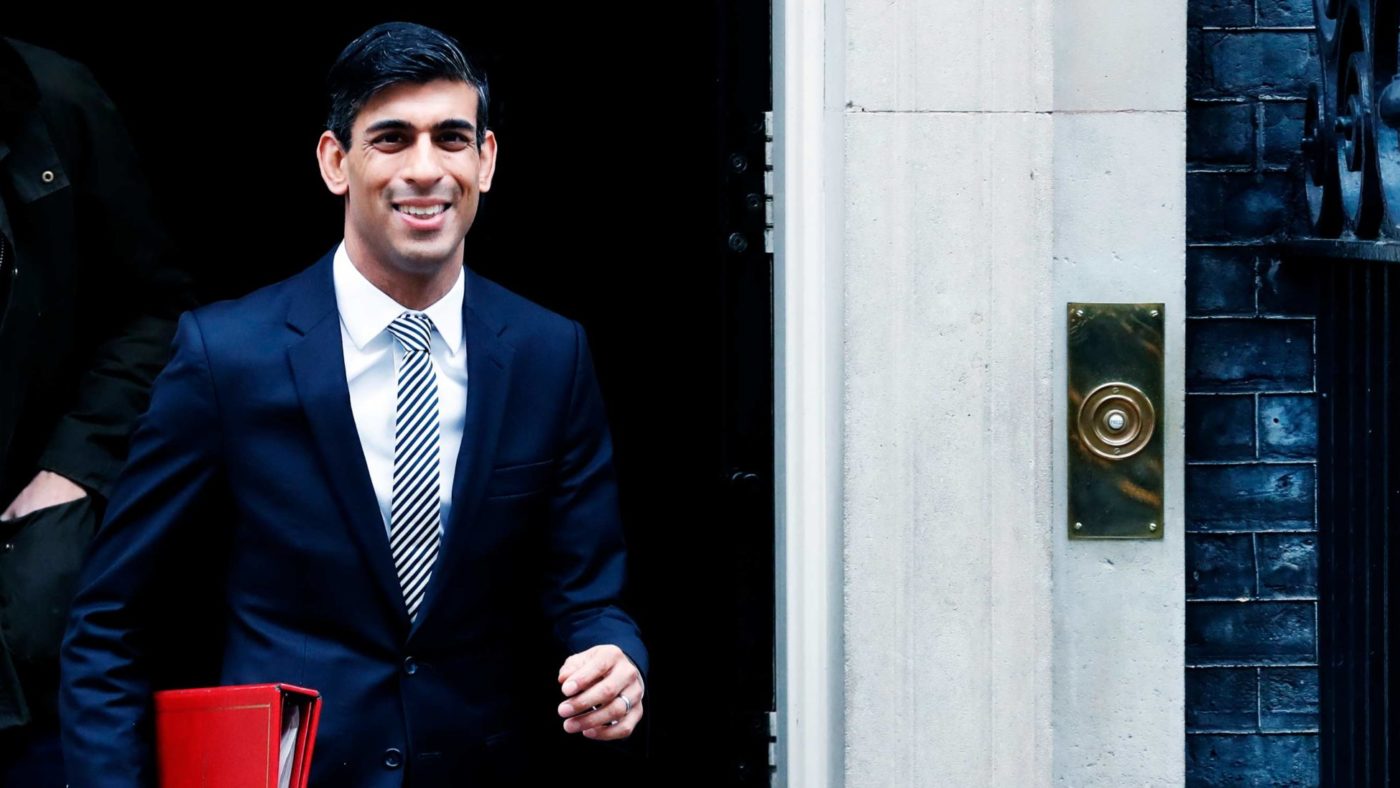Earlier this week the Guardian plumbed new depths with an article by Oxford University researcher Neha Shah explaining the disappointing fact that not only do a lot of British Indians support the Tories, but four of their number are now in the Cabinet.
Far from something to celebrate, Shah argues that the elevation of Priti Patel, Rishi Sunak, Alok Sharma and Suella Braverman will only “embolden Tory racism”, while giving cover to a “purposely cruel” new immigration system.
It’s a bold claim, given that the Government’s proposed points-based immigration system – though far from perfect – shifts the balance away from Europeans towards the rest of the world. But why let inconvenient detail get in the way of a bit of cutting edge intersectionalism?
Particularly grating is her suggestion that some British Indians have essentially been conned into voting Tory by “the old colonial tactics of divide and rule”.
Shah’s piece is just the latest example of a depressing habit among some on the left of assuming that being of a certain ethnicity confers a duty on people to support or reject certain causes or political parties.
It would be bad enough if this kind of thing were limited to the zanier fringes of academia, where floridly phrased nonsense is par for the course.
Yet prominent Labour politicians are happy to engage in it too. Take Clive Lewis, who accused black Tory MPs of “sell[ing] their souls and self respect” by joining the Cabinet , or Sadiq Khan, who once referred to some British Muslims as ‘Uncle Toms’ (in an interview with Iran’s Press TV, no less).
The apotheosis of this genre of leftwing entitlement came from Jeremy Corbyn himself back in 2017, when he tweeted that “only Labour can be trusted to unlock the talent of Black, Asian and Minority Ethnic people”. Nor is it limited to these shores. To take a high-profile example, look at the opprobrium heaped on rap megastar Kanye West when he outed himself as a fan of Donald Trump.
Where does this reductive, patronising attitude stem from? I’d argue it’s part of broader Manichean worldview, abetted by what passes for Marxist thought, in which people are seen not so much as independent individuals, but ciphers for a particular group. For a time its expression was mainly based on class. But a combination of fewer blue collar jobs and a more ethnically diverse society means the blocs have shifted into what we now call identity politics.
In Britain, that approach has merged neatly with outlandish claims that this is a uniquely bigoted government, whose success was driven by some kind of ethnonationalist project. The sight of ethnic minority MPs sitting comfortably on the Tory benches jars with the ironclad conviction that the Tories are the party of prejudice. Far easier to claim that the individual MPs are at fault, collaborating with their oppressors, than to accept that the world might be a bit more nuanced than ‘us good, them bad’.
None of this is to say all is rosy when it comes to the Tories and ethnic minority voters. For instance, as CapX contributor Sunder Katwala notes, only about 1 in 20 British Pakistanis voted Tory in 2019, about the same proportion as Jews who voted for Corbyn’s Labour.
But nor should it stop Conservatives pointing out that Labour is clearly not the only party that can be trusted to unlock the talents of ethnic minority Brits.
Click here to subscribe to our daily briefing – the best pieces from CapX and across the web.
CapX depends on the generosity of its readers. If you value what we do, please consider making a donation.


